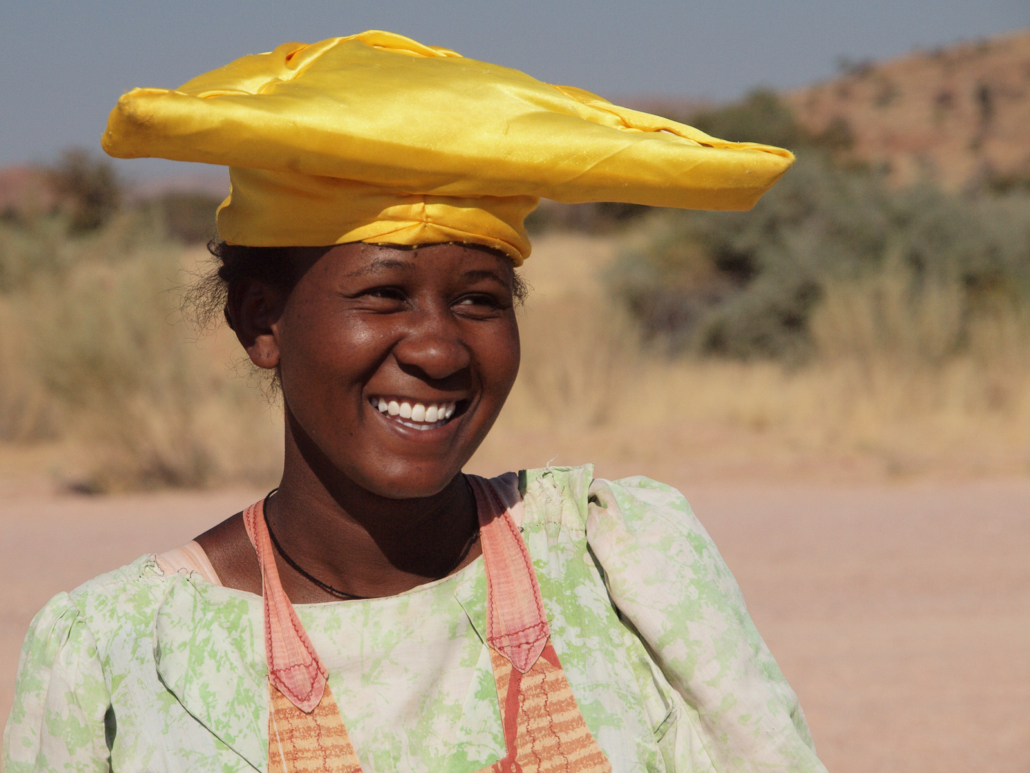Mental Health in Namibia

Extreme poverty looms over Namibia, negatively affecting its population of 2.6 million and keeping living standards low. These high levels of socioeconomic hardship often cause people to overlook the country’s mental health issues, although illnesses such as anxiety, depression, Post-Traumatic Stress Disorder (PTSD), trauma, bipolar disorders and psychosis affect 25.6% of its population and the number could double by 2025. Here is information about the correlation between poverty and mental health in Namibia.
Poverty and Mental Health in Namibia
Namibia has a poverty rate of 47% and 46% of its youth workforce is unemployed, according to ISS African Futures. These factors contribute to a lack of financial resources and constant pressure to earn more, leading to high stress and anxiety levels. The Namibian reported that “approximately 70% of Namibians suffer from stress and chronic health conditions.” Additionally, people with low incomes often have limited access to mental health services, further worsening their situations.
The country suffers from a traumatic history. From 1915 to 1990, apartheid South Africa occupied Namibia, during which many of the latter’s citizens were killed and displaced. The country only gained independence in 1990, after a long, drawn-out war, which caused 20,000 to 25,000 deaths.
HIV and Psychological Issues
Furthermore, Human Immunodeficiency Virus (HIV) is quite prevalent in Namibia. According to the World Bank, the virus infects 11% of adults aged 15 to 49 years in the country.
Studies have shown that HIV has a direct link to mental health; it causes damage to brain cells and leads to a variety of neurocognitive disorders. Living with HIV also causes acute psychological distress and depression, both for the patient and their loved ones. A 2024 study found that depression affects 24.6% of HIV patients and 17% suffer from anxiety.
Approximately 9.3% of Namibians die from HIV. The burden of carrying the disease and the discrimination against it also increases the risk of suicide. From April 2020 to March 2023, 1,542 Namibians committed suicide, 82% being men.
Cultural Influences
Another factor that further complicates mental health in Namibia is the stigma and cultural beliefs toward mental health issues. Many Namibians consider mental illness to be a sign of weakness or low willpower. Because of this, people go undiagnosed and there is less availability of treatments. A 2020 study showed that the level of public prejudice against mental health was 41% on the Community Attitudes towards Mental Illness (CAMI) scale.
The country has only two major mental institutions: Windhoek Central Hospital, which dedicates only 220 beds to mental health care, and Intermediate Hospital Oshakati, which offers 60 beds but often deals with 200 patients at once.
Solace in Drugs and Alcohol
Citizens affected by poor mental health in Namibia often cope through substance abuse. However, this can further exacerbate their condition and can result in psychosis, bipolar disorders, and depression, along with a decline in physiological health as well.
The United Nations Office on Drugs and Crime reported that: “in 2020, the Government of Namibia confiscated 843,892 kg of cannabis, 4,930 tablets of mandrax, 2,922 grams of crystal meth, and 1,072 grams of cocaine.” Also, in 2023, WHO stated that Namibia drinks “2.38 of pure alcohol per capita amongst people aged 15 or above.”
Alleviating These Issues
Despite all these challenges, there is still a ray of hope for Namibians. Countless organizations have stepped up to advocate for mental health awareness and solutions. Established in 1980, Lifeline/Childline focuses on supporting emotional wellness and child protection in Namibia. It now has wide-reaching services all across the country and has gained international recognition from organizations such as USAID and UNICEF.
Lifeline/Childline operates a free counselling helpline that is available 24/7, providing mental health support to individuals suffering from a wide range of issues such as anxiety, depression and trauma. The organization provides counselling via telephone, text message or in person, making them accessible to a large sum of the population. From April 2024 to June 2024, its toll-free helpline answered 10,101 calls.
The non-profit also runs awareness programs that aim to reduce the stigma regarding mental health in Namibia and the importance of seeking help through social media campaigns, educational workshops, community outreach programs and its radio show.
Even though Namibia seems to be struggling in the face of these challenges, it’s important to acknowledge the fact that non-profits such as Lifeline/Childline are making a palpable difference and are changing people’s lives for the better. With more progress from the country’s numerous non-profits and government, mental illness rates in Namibia will likely decline and its citizens will be able to have bright, optimistic futures.
– Mustafa Tareen
Mustafa is based in Lahore, Punjab, Pakistan and focuses on Global Heath and Celebs for The Borgen Project.
Photo: Flickr
